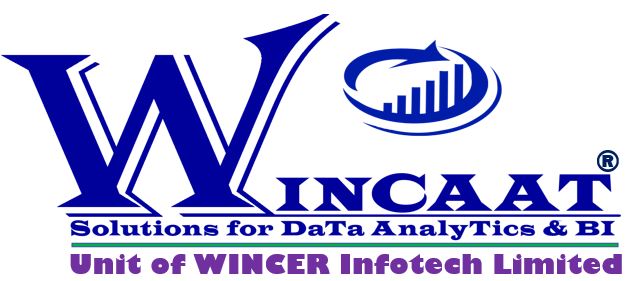-
Products & Solutions
- Online Courses
- Training
- Customers
- Resources
- About Us
Products & Solutions
Products & Solutions |
Training
Training |
Customers
Customers |
Resources
Resources |
About Us |


